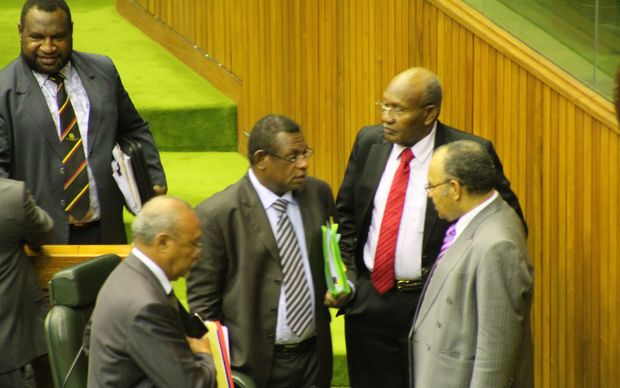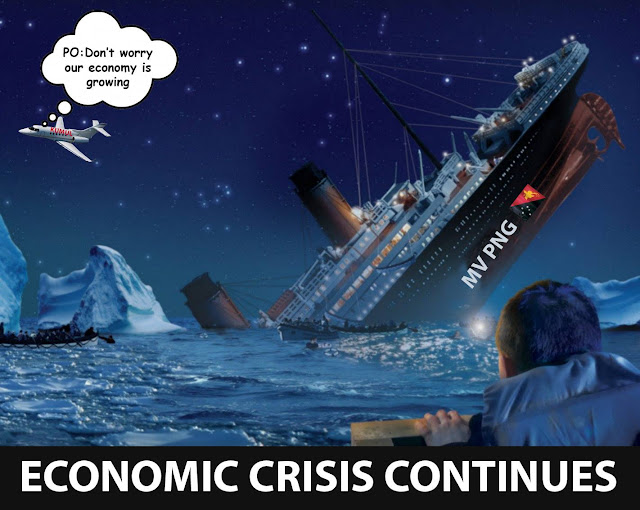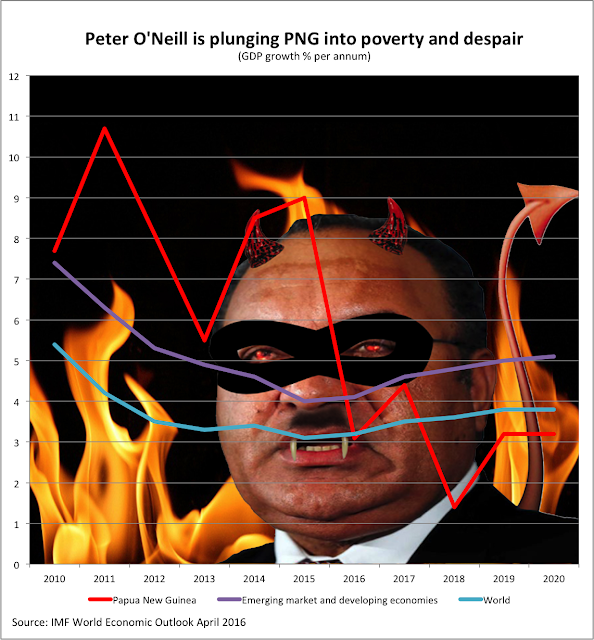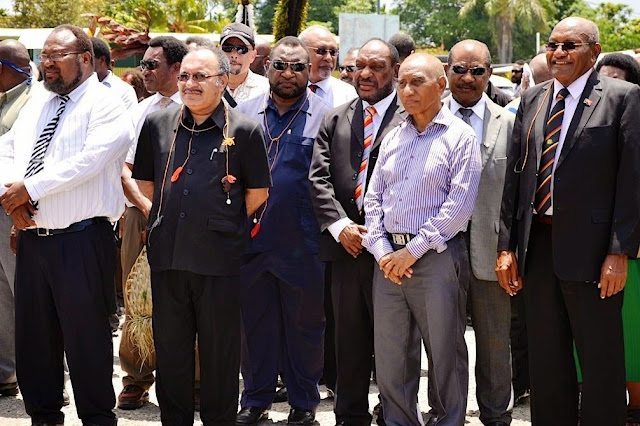PNG’S FIENDISH FISCAL FIGURES – A HISTORICAL PERSPECTIVE
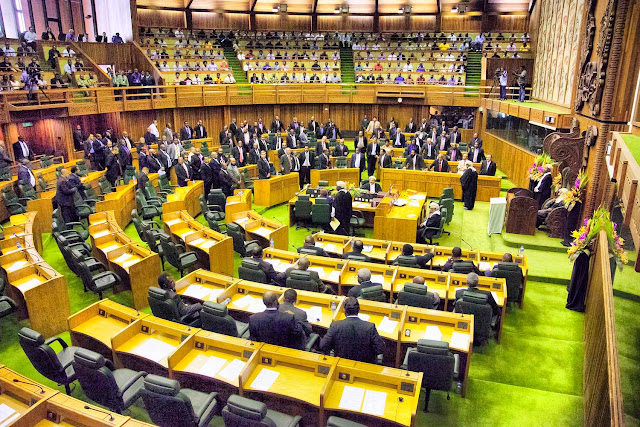
by PAUL FLANAGAN Using PNG’s updated GDP numbers, there are new insights into PNG’s economic history. In particular, they show how bad the last four years have been: PNG’s budget deficits over the last four years are the worst in PNG’s history. From 2012 to 2016, deficits have totaled an extraordinary 23.8% of GDP This is nearly three times higher than the next worst five-year period for spiraling deficits (8.7% from 1992 to 1996 with five-year periods based on parliamentary terms). These daunting deficit figures are the driver behind the explosion in public debt from 17.3% of GDP in 2011 to 35.5% in 2016. In the 1992 to 1996 period, debt started at much higher levels (28% of GDP) but still didn’t reach 2016 levels (34.4% in 1996 vs the current 35.5% level using 2016 FBO numbers and IMF figures on 2016 GDP). There are two drivers for these historically high budget deficits. First, the massive increase in expenditure in 2012 was the largest in PNG’s history – a


